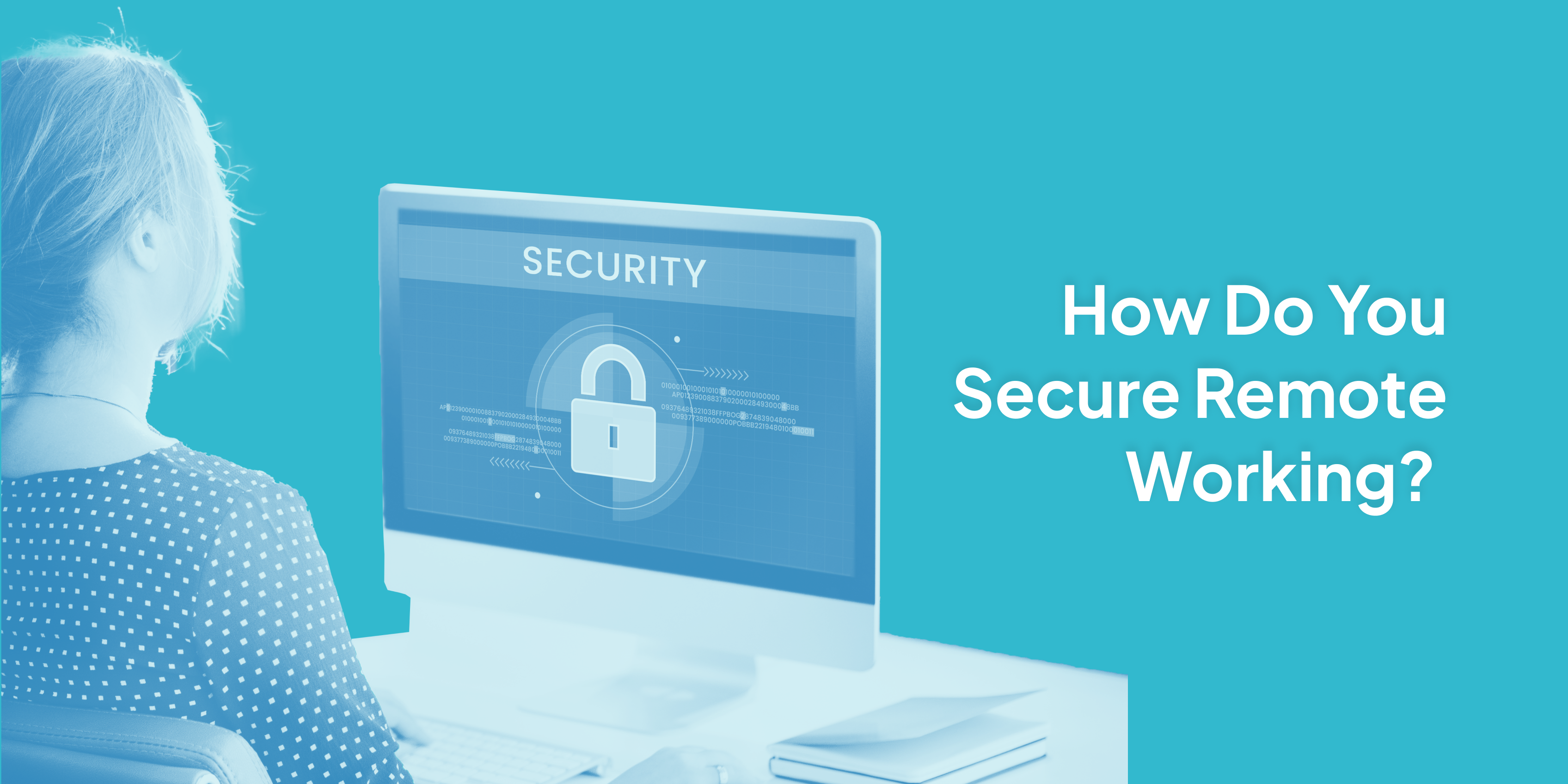
How Do You Secure Remote Working?
By Ranggi R.
Published on June 18, 2023
The 2020 pandemic has had a major impact on a global scale, including in terms of employment.
It successfully forced everyone to adapt to the circumstance. Employees and businesses had to deal with the sudden transition to unfamiliar changes.
In difficult times like these, there is no other way but to work while maintaining a healthy body. Therefore, working remotely is the only option.
Working from home has become a favorite for both people and companies and has become one of the most useful methods when it comes to working.
Things went well, until the risks of remote working appeared.
The Risks of Remote Working
It is undeniable that remote working has a positive impact on those who apply it. With remote work, employee productivity increases and distraction caused by interrupting other employees is reduced.
For an organization, remote working means saving more costs, which is very beneficial financially.
Unfortunately, it also has some drawbacks. Cyber attacks are one of them.
According to a report by VMWare, cyber attacks increased by 238% in the first half of 2020.
The number of cyber attack cases skyrocketed. It is very risky, especially for the financial services sector.
There are several causes of security issues in remote working, including:
- One device for work
You read it right. The device you are using right now can be the cause of cyber attacks and other cybersecurity issues.
The chance of risk coming your way is higher whether your company allows everyone to use their own electronic device or if each employee is required to rely on his own electronic device for work.
However, if the company doesn’t have rules about devices, you’re likely at risk. Not everyone has a device dedicated to professional work. Not everyone has more than one device.
As a consequence, not only is your work data lost, but also your personal one. Both of them are private and not for the public. Therefore, you should keep your device software updated, or otherwise you will tolerate the risks.
- Not secured Wi-Fi networks
Working remotely means fully relying on Wi-Fi, and it is public wi-fi networks that people usually use. Unfortunately, these Wi-Fi networks are often not secured.
Many of us do not realize the danger of public Wi-Fi networks. In fact, using public Wi-Fi networks gives a contribution to tolerating the potential risks of cyber attacks.
With an unprotected Wi-Fi network, cybercriminals can easily spy on the connection, which can lead to information theft.
Using a VPN connection can be a solution for you, especially when you are working remotely.
- No encryption
An extra layer of protection is needed when it comes to secure remote work.
The same is true with encryption. Encryption can convert your data into an unreadable format, making it impossible for strangers to access.
Without encryption, the data you have is not protected enough. Even worse, it is prone for data to share to other colleagues.
Using a secure cloud storage platform like Jaybod is highly recommended. Otherwise, it just waits for your data to be stolen by cyber criminals.
Work Remotely and Securely
Updating software, using a VPN connection, and relying on Jaybod are the best ways to keep your remote work secure.
Hence, pay more attention to it.


